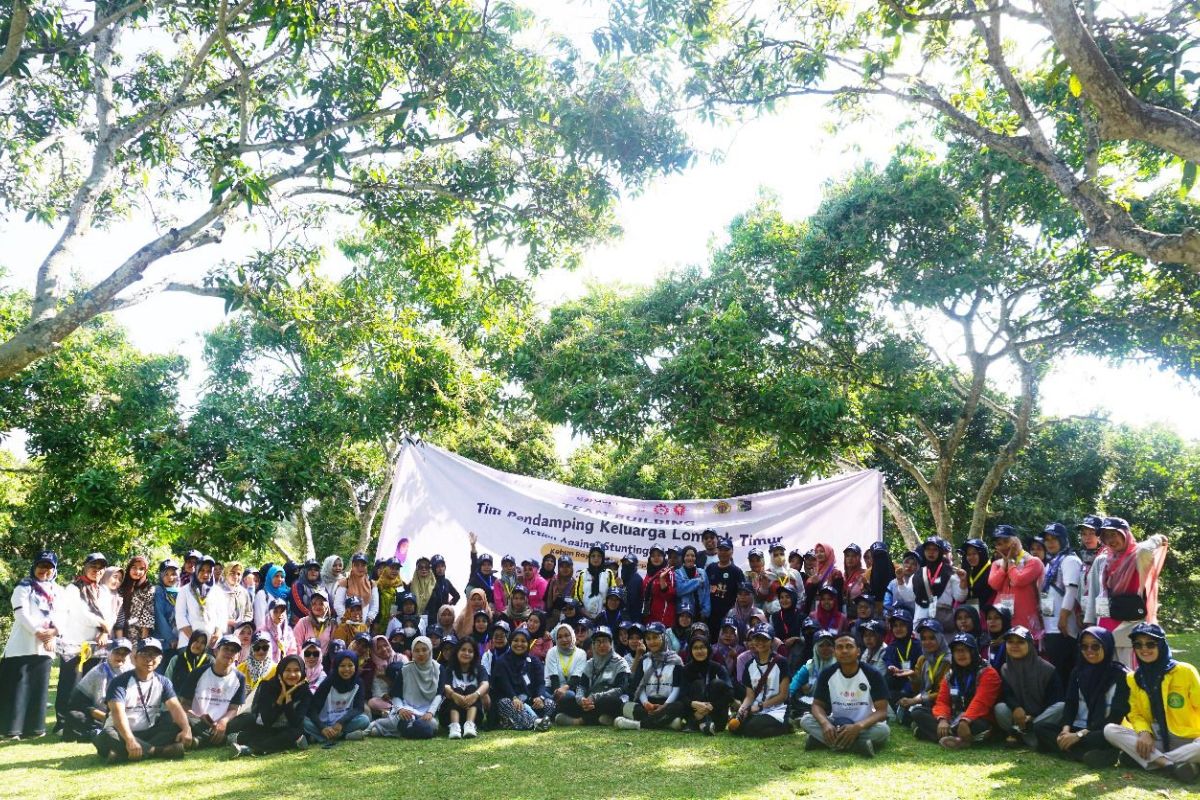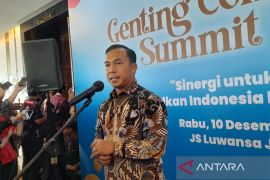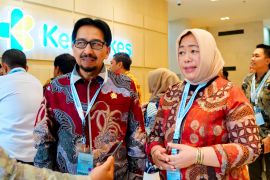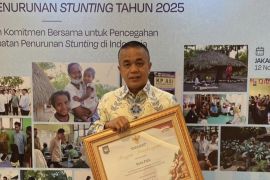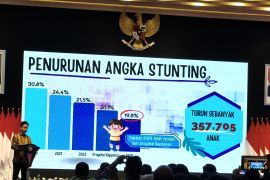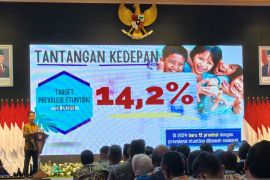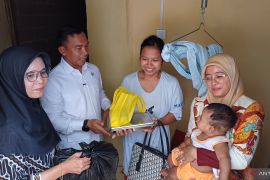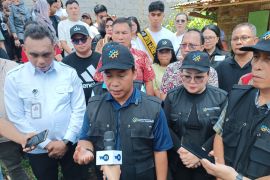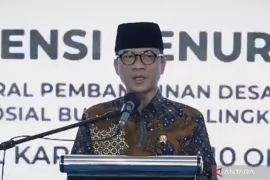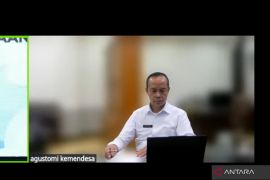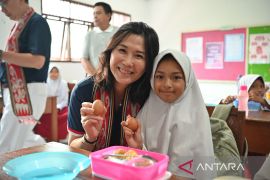"There needs to be interdisciplinary collaboration in handling stunting in the country," Fahmida said in a statement here on Sunday.
Previously, the AASH team carried out a capacity-building activity for the Family Assistance Team (TPK).
The TPK comprises the Family Empowerment and Welfare (PKK) members, midwives, Toddler Caring Assistance (BKB) cadres, and assistants who oversee nutrition fulfillment.
The activity, which also involved academicians from the University of Indonesia and the Mataram University, was held in East Lombok, West Nusa Tenggara, on Saturday (September 14).
Fahmida said the capacity-building is very important to realize effective communication between stakeholders.
In this activity, participants were asked to know themselves better and recognize the existence of shared values on local culture.
Stunting is a growth and development disorder that occurs in children caused by a lack of nutritional intake, recurrent infections, and improper parenting, Fahmida explained.
"Stunting is multidimensional and the causes are diverse, (so) interdisciplinary collaboration is needed," she said.
AASH carried out a research using the whole child approach in three countries: India, Indonesia, and Senegal in 2019-2024.
East Lombok District, whose administrative areas cover the sub-districts of Aikmel, Lenek, Sakra, and Sikur, was chosen as the study location in Indonesia.
The AASH study paid attention to the stunting problem from the nutrition and food system aspects as well as gastrointestinal health, sanitation, epigenetics, home and learning environment, and stress levels in pregnant women.
Meanwhile, the PKK team carried out intervention efforts like giving eggs to pregnant women in villages.
Related news: Sorghum as solution to reduce extreme poverty, stunting: KSP
Related news: Timor Leste, Cambodia study stunting prevention in Indonesia
Translator: Indriani, Kenzu
Editor: Rahmad Nasution
Copyright © ANTARA 2024
